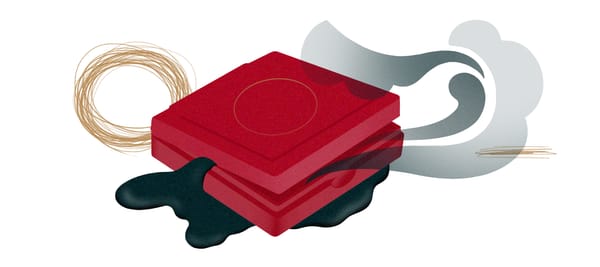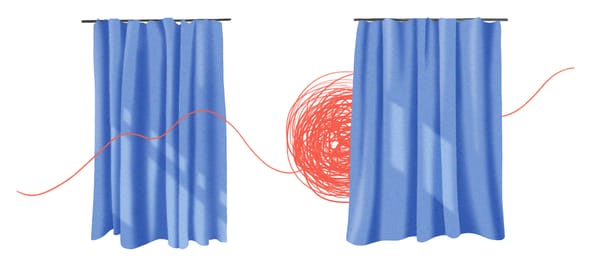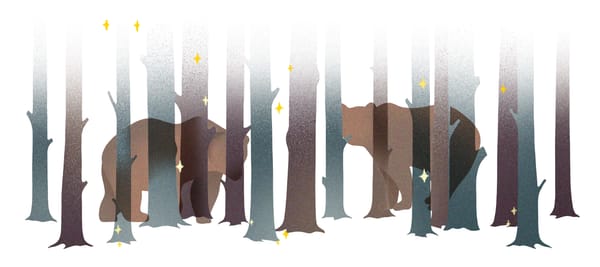The Game for Winners
by Kimberly Elkins | There was no better feeling.

We called it fainting. Gathered in a knot at recess or after lunch in an empty corridor or a corner of the gym, wherever the teachers, who’d been told to stop the game, couldn’t find us. The game went like this: you knelt and breathed deeply, one, two, three, and then jumped up as hard and as fast as you could, a boy’s arms wrapped around you from behind in a bear hug, squeezing the air from your diaphragm. A tingle in your stomach, a hard trail of thrill burring up to your chest like the compression of body in the seconds an airplane’s wheels leave the ground. You slumped in his arms as the world pinholed to one tiny point of blackness, and when you woke lying on the floor—how much later, minutes or hours or days, you had no idea—strange faces crowded in a circle above you, seconds of near terror. You had left this life, this realm, for an obliteration of consciousness, of the cornerless sky, and of all the senses, and there was no better feeling than waking to that thunderhead of confusion. You find euphoria in disorientation. You find euphoria in displacement. You find euphoria in losing the who, what, when, where, and why.
To be lost is to dwell wholly in the present, and so you continue to choose it.
Breathe deeply, in and out, one, two, three, and jump up! You begged to do it again and again, until your vision doubled and your head thrummed on the stalk of your neck. The best fainter, that’s what you were, the unbeaten champion, the absolute best at going under, at staying under. Girls were better at fainting, boys were better at squeezing, although a few boys wanted to be fainted too. It was strange to watch a boy go limp, be laid out carefully on the floor; even in the fifth grade, it seemed the position was meant for girls.
Years later, you found that same whoosh of unbecoming with the drinking, with certain drugs. Coming to on your back, naked or not, turning your head on the pillow, against the floor, against the car seat, maybe a face above yours, lowering itself to meet your mouth, or the back of a tousled head you don’t recognize, and then the hardest part of the game but also the most thrilling: trying to figure out where you were, how you got there, how long you’d been out of touch with the world. But you were back in it, maybe against your deepest wishes, your truest desires, and there was nothing left to do but to get up, to sit or crawl forward on the carpet, on the gravel, on the grass, on the bed, and then to rise, and to keep rising, to live to tell the tale.
You were the best at this game. You still are, you sick winner.
Kimberly Elkins is a writer and editor living in Brooklyn. Her novel, What Is Visible, was picked as a New York Times Book Review Editors’ Choice and named to several Best of 2014 lists. Kimberly's fiction and nonfiction have appeared in the Atlantic, the New York Times, the Iowa Review, the Chicago Tribune, the Los Angeles Review of Books, and the Best New American Voices series, among others. She was a finalist for the National Magazine Award, and has also won a New York Moth Slam. More at kimberlyelkins.com.
This essay originally appeared in the Cincinnati Review’s weekly online series, miCRo.

Upgrade your subscription: ✅ Join the 8 other readers and help us pay writers (and keep the lights on).






